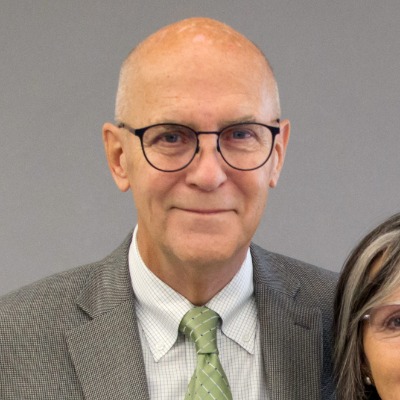In Genesis 18:22–33, we find a powerful moment where Abraham pleads with God to spare the city of Sodom from destruction. Beginning with a plea for mercy if fifty righteous people are found, Abraham negotiates down to just ten. The outcome reveals that even such a small number of righteous individuals could have delayed judgment. This passage offers profound insights into the nature of divine justice and the role of believers within a fallen world.
First, we see that God does not wait until the end of time to enact judgment on wickedness. Divine justice is active throughout history, not merely reserved for the final day. The destruction of Sodom stands as a sobering reminder that moral corruption invites consequences—even within our current age.
Secondly, this passage suggests the quiet but significant influence of the faithful. Abraham’s intercession underscores how the presence of the righteous can act as a buffer against God’s judgment. This points to the often unseen power of Christian witness in society. However, it also implies that the truly faithful may be fewer than we assume. Despite Abraham’s appeals, not even ten righteous individuals could be found in Sodom.
Lastly, the narrative of Lot and his family illustrates the collateral suffering of believers living amid godlessness. Lot was spared due to his faith, yet he endured deep personal loss—his wife looked back and perished, and his family bore the scars of their compromised surroundings. Lot’s story warns us that proximity to ungodliness, even for those who are saved, can lead to fear, spiritual instability, and regret. We need to realize that worldly prosperity often comes at the cost of spiritual well-being.




